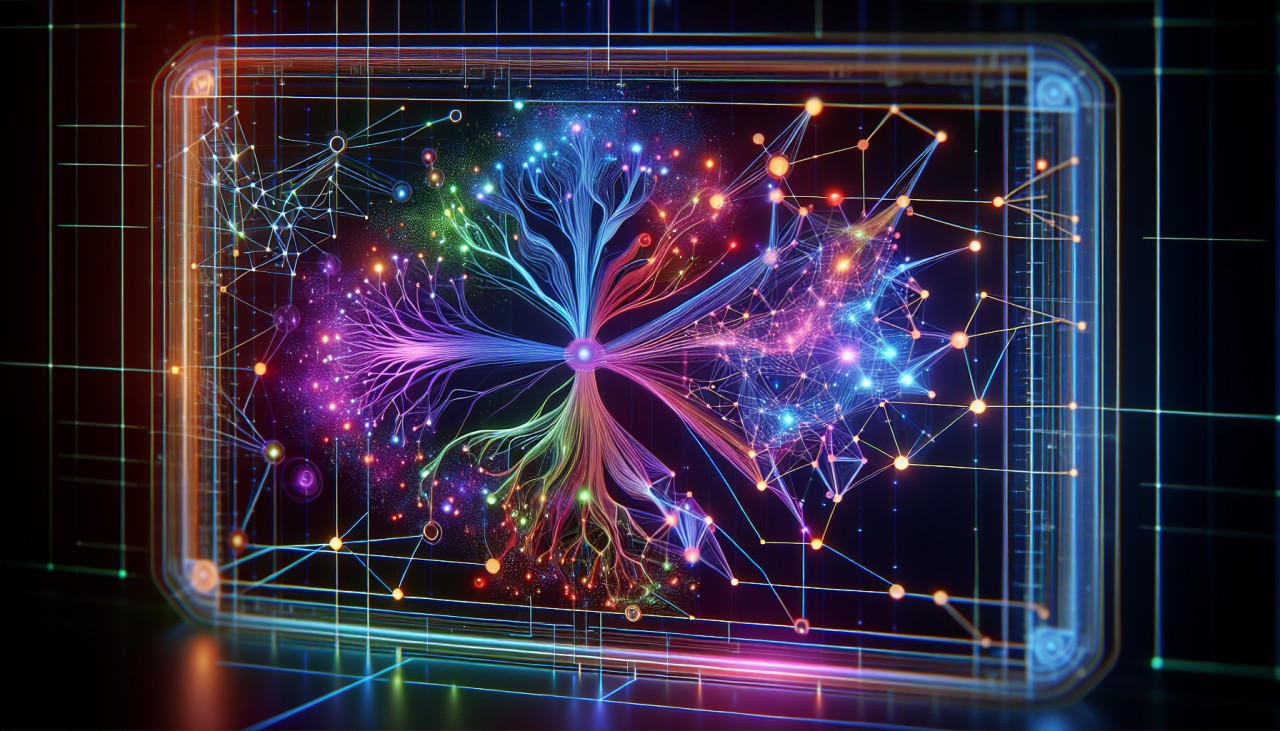Self-supervised learning (SSL) is a transformative approach in artificial intelligence that allows models to learn from unlabeled data by generating their own supervisory signals. This method has gained significant traction due to its ability to alleviate the dependency on large labeled datasets, which are often costly and time-consuming to produce. By leveraging inherent structures within the data, SSL enables models to develop meaningful representations without explicit annotations. This capability has been particularly beneficial in fields like medical imaging, where labeled data is scarce. For instance, Google's research team introduced a Multi-Instance Contrastive Learning (MICLe) method that utilizes multiple images of the same pathology per patient case to construct more informative positive pairs for self-supervised learning. This approach has shown promise in enhancing the performance of models trained on limited labeled data, thereby improving diagnostic accuracy and efficiency. neptune.ai
The versatility of SSL extends beyond medical imaging into various domains, including natural language processing and computer vision. In NLP, models like BERT and GPT have utilized SSL to understand context and semantics by predicting masked words or sentences, leading to advancements in tasks such as translation and sentiment analysis. Similarly, in computer vision, SSL techniques have been employed to pre-train models on vast amounts of unlabeled images, which are then fine-tuned for specific tasks like object detection and image classification. This approach not only reduces the need for labeled data but also enhances the model's ability to generalize across different tasks and datasets. As SSL continues to evolve, it holds the potential to further bridge the gap between supervised and unsupervised learning, paving the way for more adaptable and efficient AI systems.
Key Takeaways
- SSL enables models to learn from unlabeled data, reducing reliance on labeled datasets.
- Techniques like contrastive learning and masked modeling are central to SSL.
- SSL has improved performance in fields with limited labeled data, such as medical imaging.
- Models like BERT and GPT have advanced NLP tasks through SSL.
- SSL enhances model generalization across various tasks and domains.
